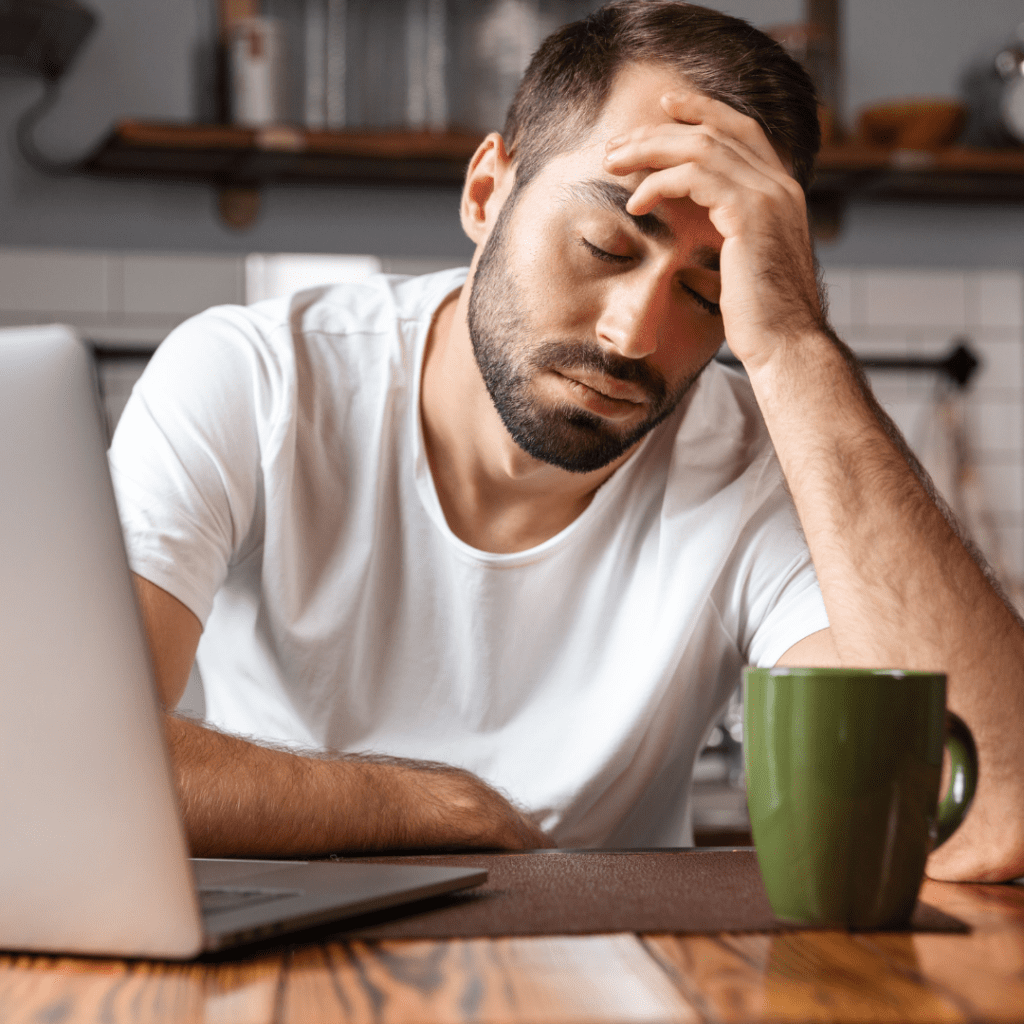Understanding Ozempic: TikTok’s latest weight loss trend
7 April 2024 by Omniya Clinic
at Omniya Clinic in London
Low energy, also known as fatigue, is a state of physical or mental exhaustion where we experience a lack of energy, motivation and focus as we did in our twenties. Commonly known to creep on us as we age, low energy can affect our day-to-day life and can affect our mood, mental health and appearance.
There are many reasons behind feeling fatigued which can be treated with effective Hormone Replacement Therapy, Testosterone Replacement Therapy and nutritional advancements to make us feel as energised as we once were in our earlier years.
Low energy can seriously impact our physical and mental health as well as our everyday lives if goes untreated. Here at Omniya Clinic, we offer a range of treatments to bring back energy in your life and help you feel vibrant again.

Low energy levels are a common concern for most individuals. Often, factors such as stress, poor sleep, inadequate nutrition and underlying medical conditions such as depression or diabetes can result in low energy.
As women go through menopause, they lose oestrogen and progesterone which can lead to women feeling fatigued frequently. The same happens to men as testosterone depletes with age, although some men may have low testosterone levels to begin with, making low energy a long term battle.
Fatigue can cause a range of physical, mental and emotional symptoms for the person. For example, chronic tiredness, headaches, dizziness, muscle weakness and slow reflexes. With this tiredness, a person is likely to feel more irritable and suffer from appetite loss, poor concentration and low motivation to do daily tasks.
Low energy can lead to an appearance of dark circles, puffy eyes and a dull complexion, making a person look older and less vibrant.
HRT can be administered in the form of tablets, gel rubbed into the skin or skin patches.
The benefits of the therapy decrease when it is stopped, and TRT is typically advised to be an ongoing treatment.
The treatment shouldn’t be given to individuals with a diagnosis of prostrate or blood cancer. A thorough medical history and investigations will be carried out prior to the commencement of any treatment at Omniya Clinic.



If you are an existing patient, we kindly request that you email your request through to hello@omniya.co.uk rather than filling out the contact form.
"*" indicates required fields